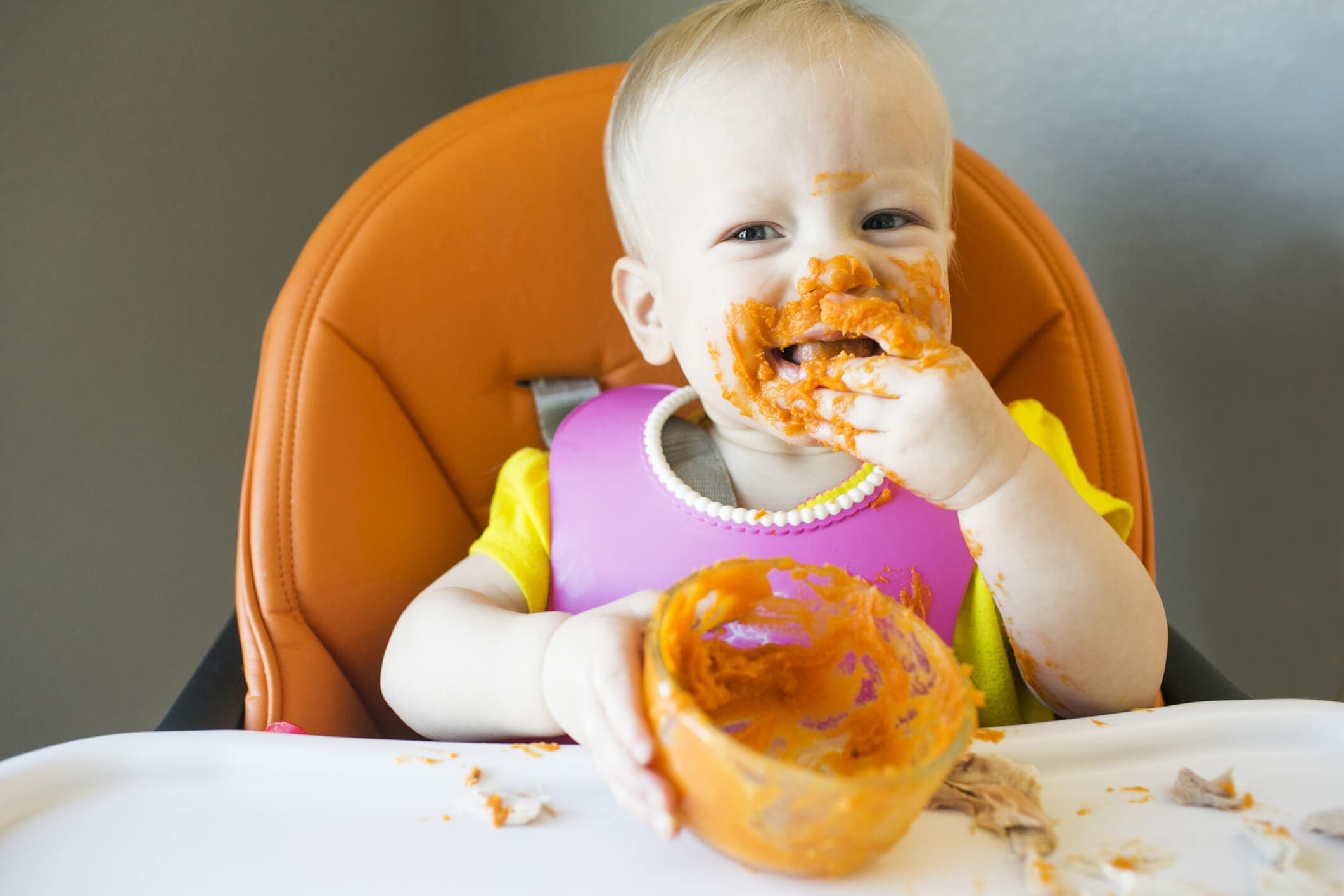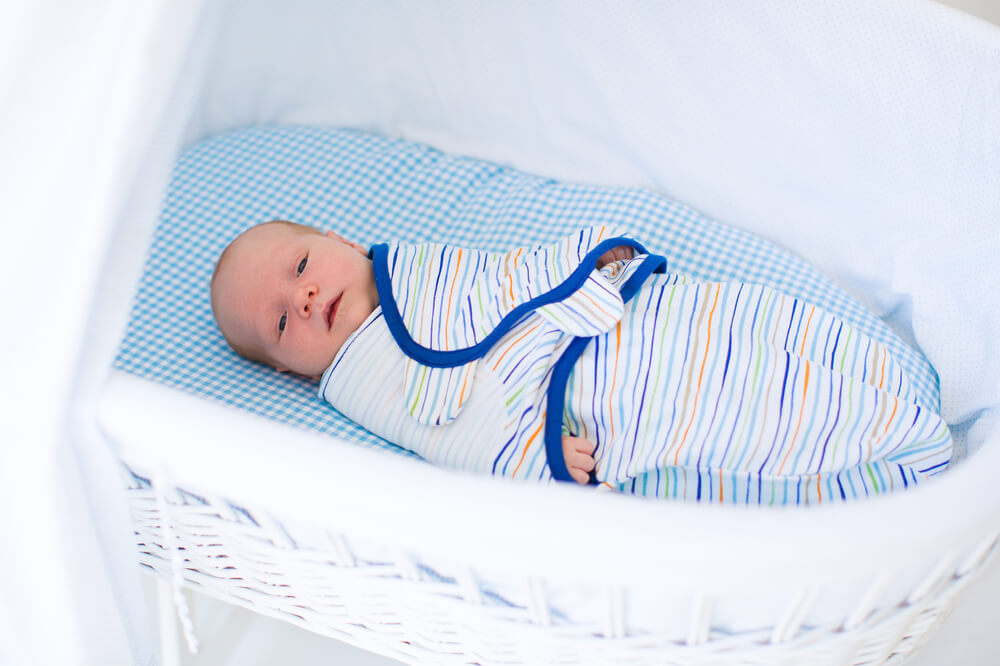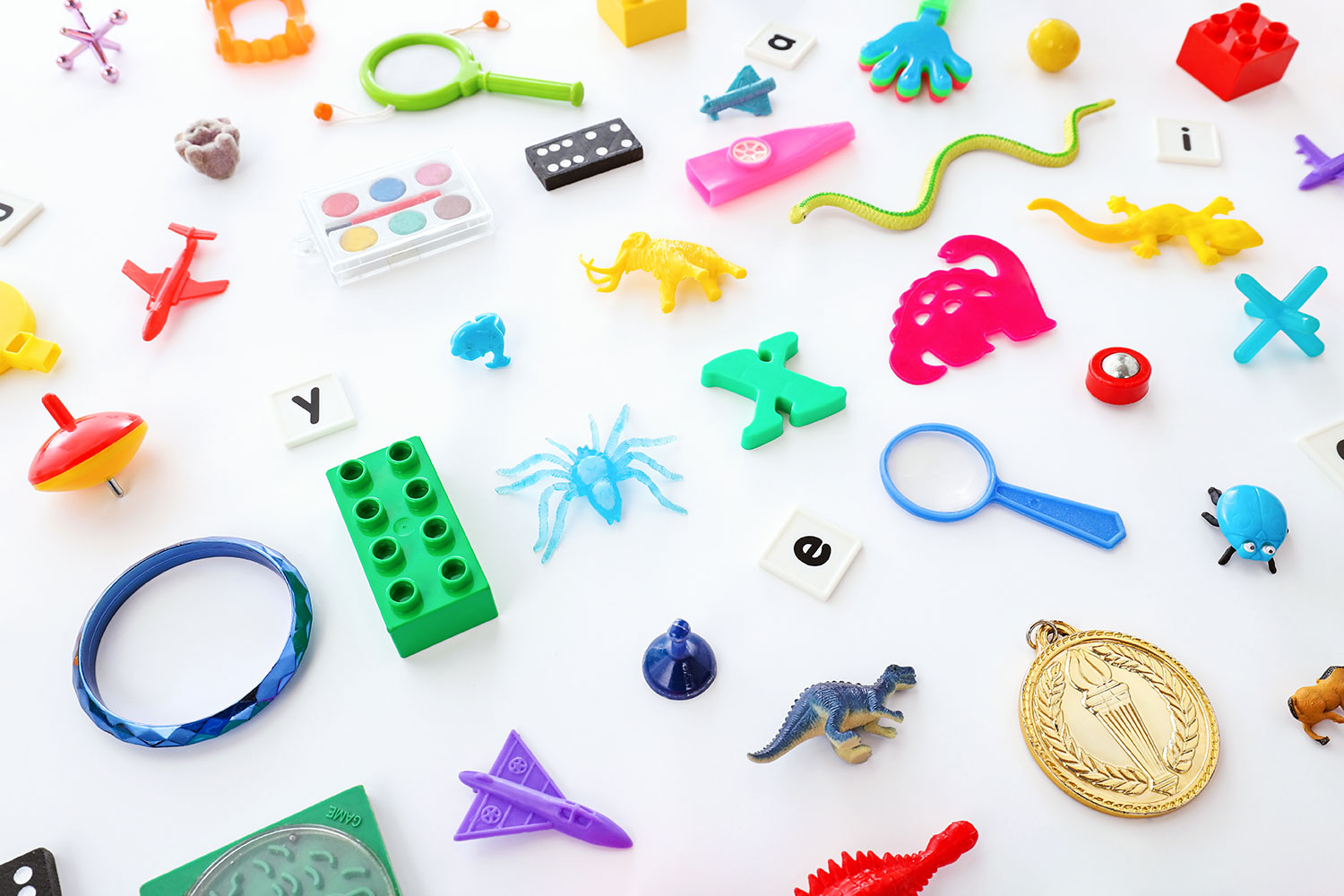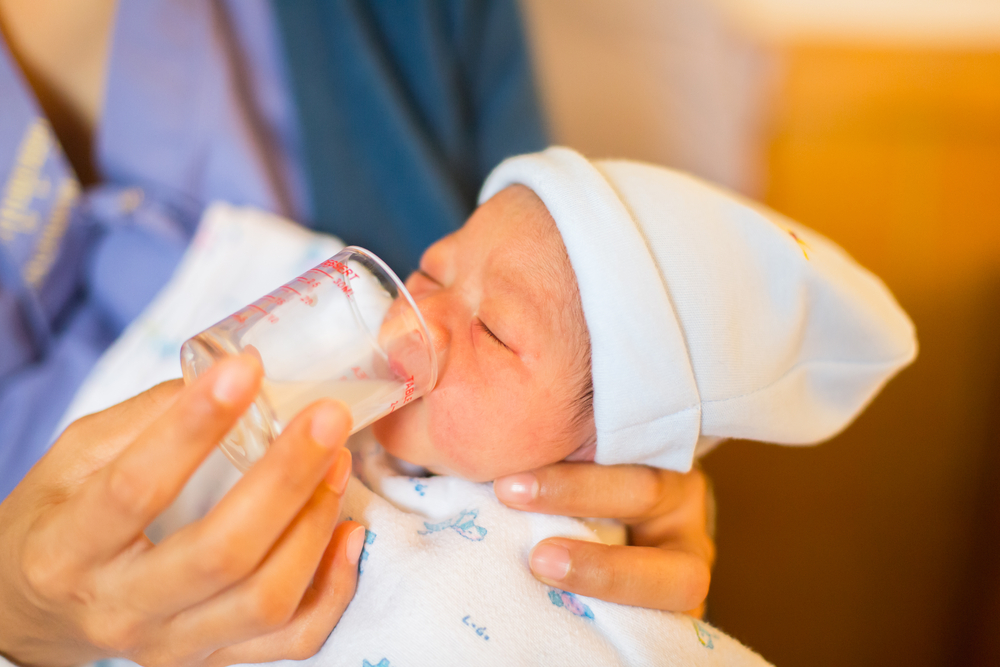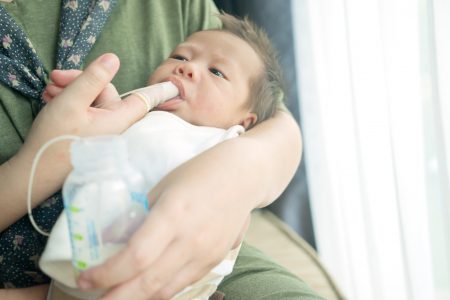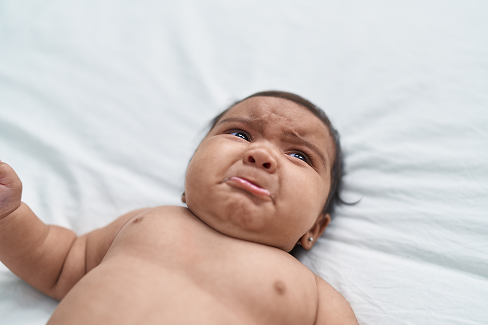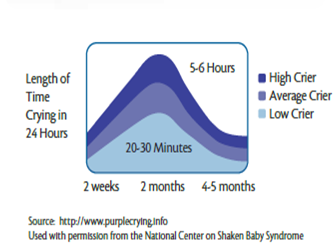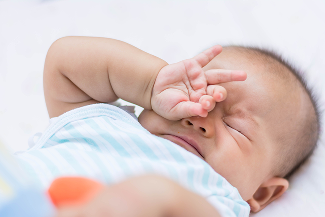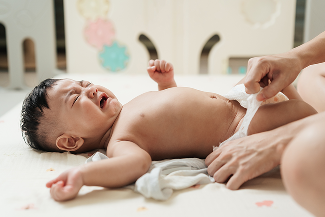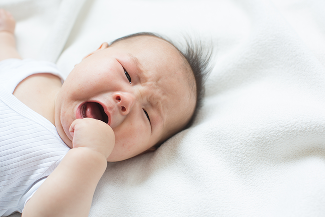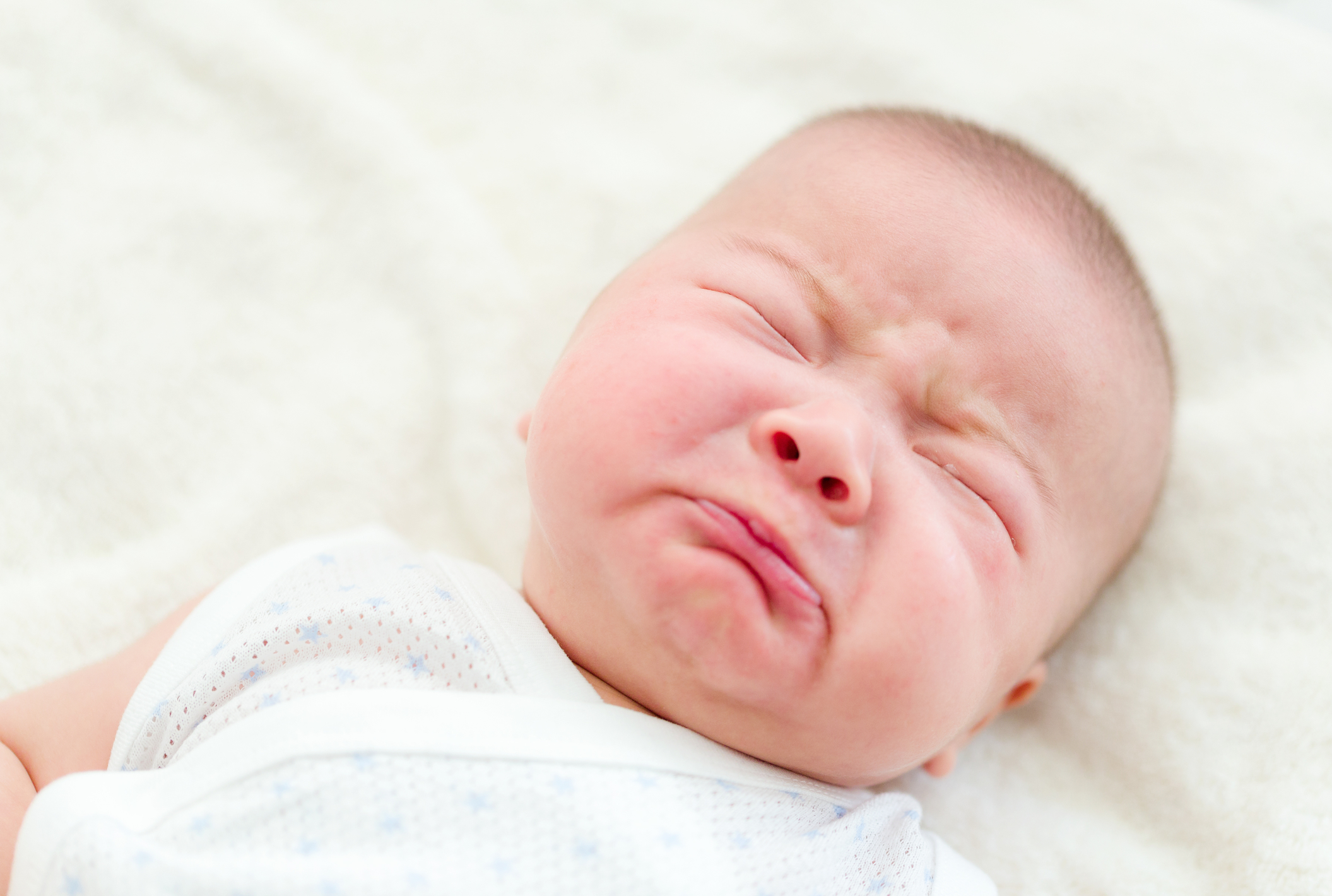Vaccination is the best way to protect your child against many dangerous diseases.
Do vaccines really work?
Yes. All vaccine-preventable diseases have declined in countries with successful vaccination programs. Vaccines protect children who are immunized and the people close to them by preventing the spread of disease. When immunization rates drop, these diseases can come back. All of these diseases can cause serious illness, complications and death, even with the best medical care. Many of these diseases have no cure.
Do vaccines have side effects?
The chance of getting sick from a vaccine-preventable disease is far greater than the very small risk of having a serious side effect from the vaccine itself.
- Some children will have mild pain and redness where the needle went into the arm or leg.
- A mild fever is common after vaccination.
- Fever combined with a rash may happen after the MMR, MMRV or varicella (chickenpox) vaccines.
- Anxiety about needles may cause fainting, especially in older children and teens.
- Other side effects, including serious allergic reactions, are very rare.
Why does my baby get so many vaccines in one visit? Can they wear out my child’s immune system?
Getting several vaccines at the same time helps to protect your child as quickly as possible during their early years of life when they are most likely to get severe infections. It also means fewer appointments and periods of pain and discomfort.
Your child’s immune system response will not be worn out after getting several vaccines at the same time. Their immune system already responds to very large numbers of antigens (proteins and complex sugars) that are found all around us every day.
Can breastfeeding/chestfeeding protect my baby from infections?
Breastfeeding/chestfeeding provides some protection against some infections, such as ear infections and diarrhea. It is not a substitute for vaccine preventable infections.
Are vaccines properly tested for safety?
Vaccines are among the most strictly regulated medical products in Canada. Before any vaccine is approved, it must be shown to be safe and effective. There is extensive monitoring, testing, information-sharing and decision-making that goes on behind the scenes. After a vaccine has been approved, Canadian health authorities continue to monitor for side effects.
Immunization information on the Internet
The internet has a lot of information about vaccines and vaccine-preventable diseases — but there is also misinformation, which can be harmful if used to make decisions about your child’s health. Asking a few key questions can help you decide if you can trust the information, you find online.
- Who runs the website? Can you trust them?
- What does the site say? Do the claims seem reasonable?
- When was the information posted or reviewed? Is it up to date?
- Where did the information come from? Is it based on scientific research?
- Is the site listed by the World Health Organization as a trustworthy resource?
- What are some signs that a website might not have a balanced point of view?
It’s a good idea to talk about the information you find online with your child’s doctor before making any health decisions.
Reprinted with permission from the Canadian Paediatric Society


